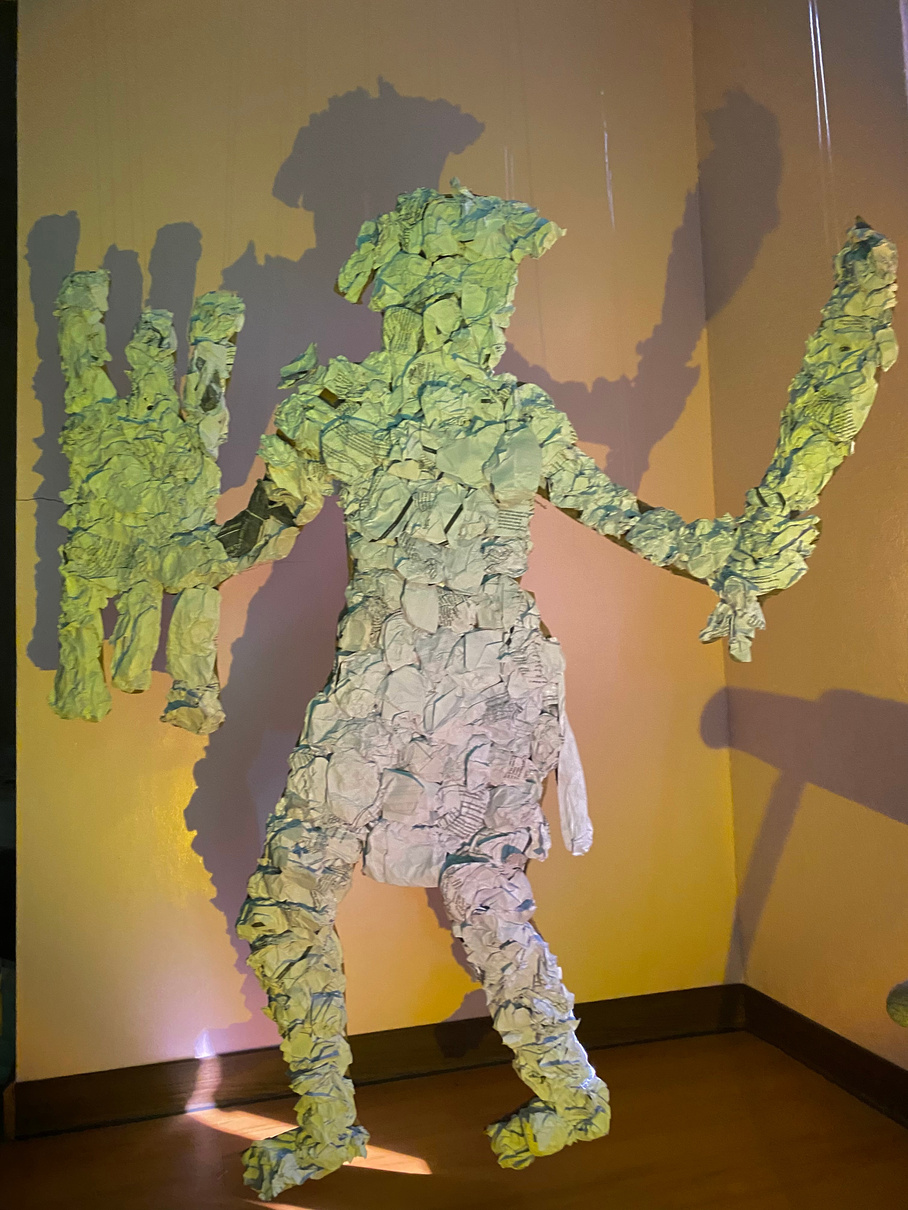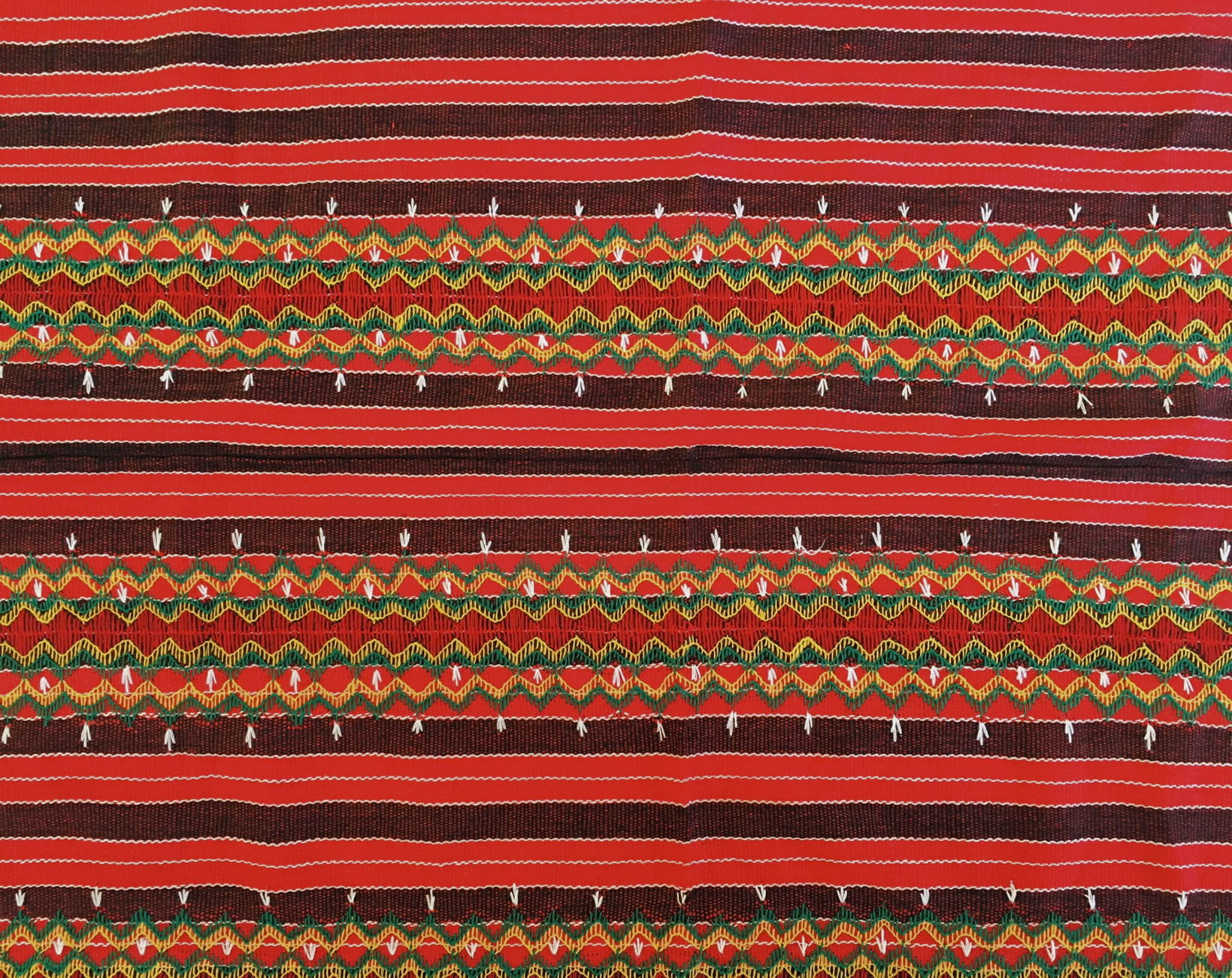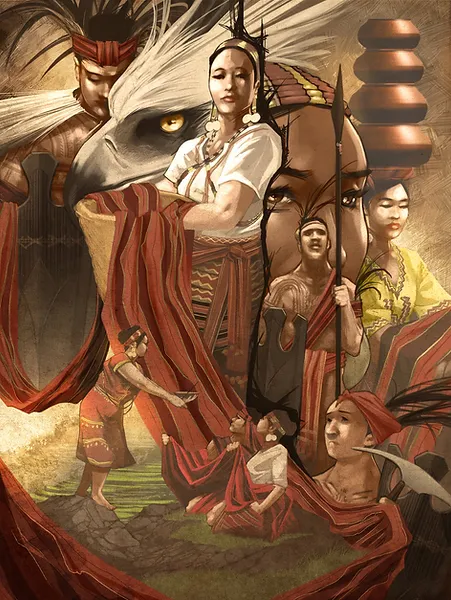
The
Igorot
Culture

Cordillera has a rich heritage that has been preserved not just by our predecessors but also by today's younger generation. Cordillerans exemplify the magnificent beauty of every pine tree that maintains protection over every igorot tribe. Such rich history of our ancestors must be passed down through many generations, for this will influence them greatly.
Illustration by Don Aguillo
People of the
Mountains
Igorot refers to a group of related village-based societies in the mountainous country of central and northern Luzon, the largest island in the Philippine archipelago. The Igorot practice a native religion often called “animism,” an anthropological term referring to the belief that spirits permeate the material world. Although Spain began colonizing the Philippines in the sixteenth century, the Igorot’s isolation in their mountainous homeland enabled them to maintain their cultural and political autonomy.


The word Igorot was named by the Spaniards in this ethnic group as referring to tribes they did not colonize in Central Luzon. It comes from "Godot" or mountain chain, the origin of the word, and added by the prefix "I" which means "live in".
There are six provinces in the Cordillera Administrative Region (CAR) located. These are:
Abra, Apayao, Benguet, Ifugao, Kalinga, Mountain Province
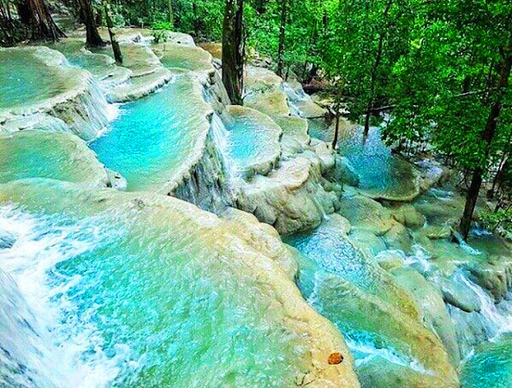
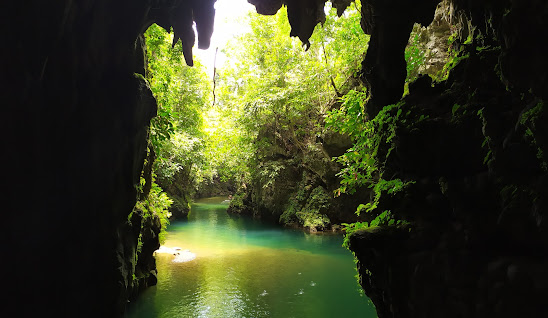
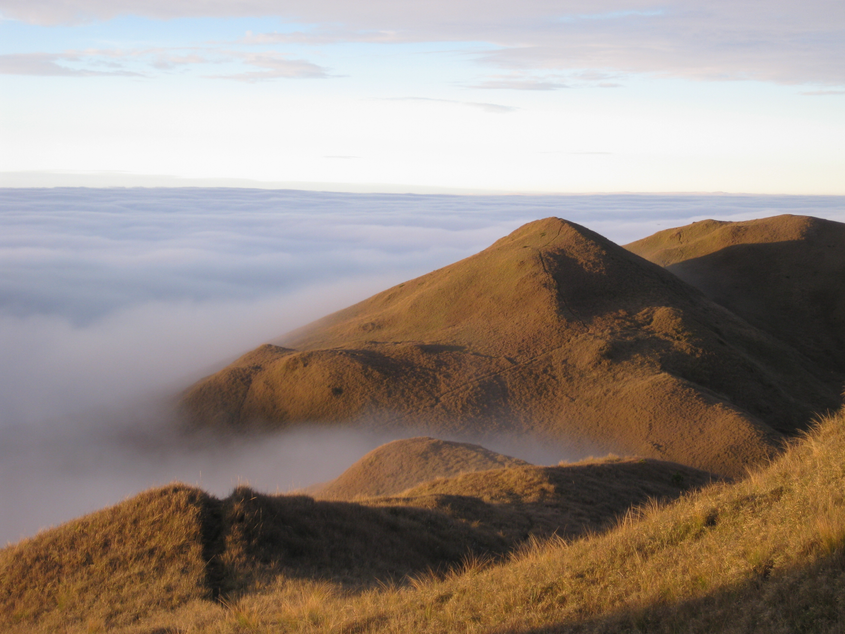
01
Abra
02
Apayao
03
Benguet
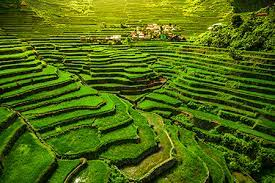
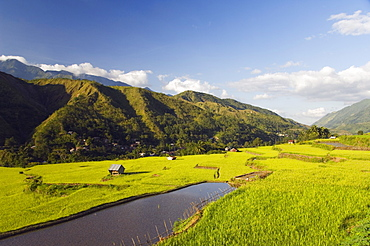
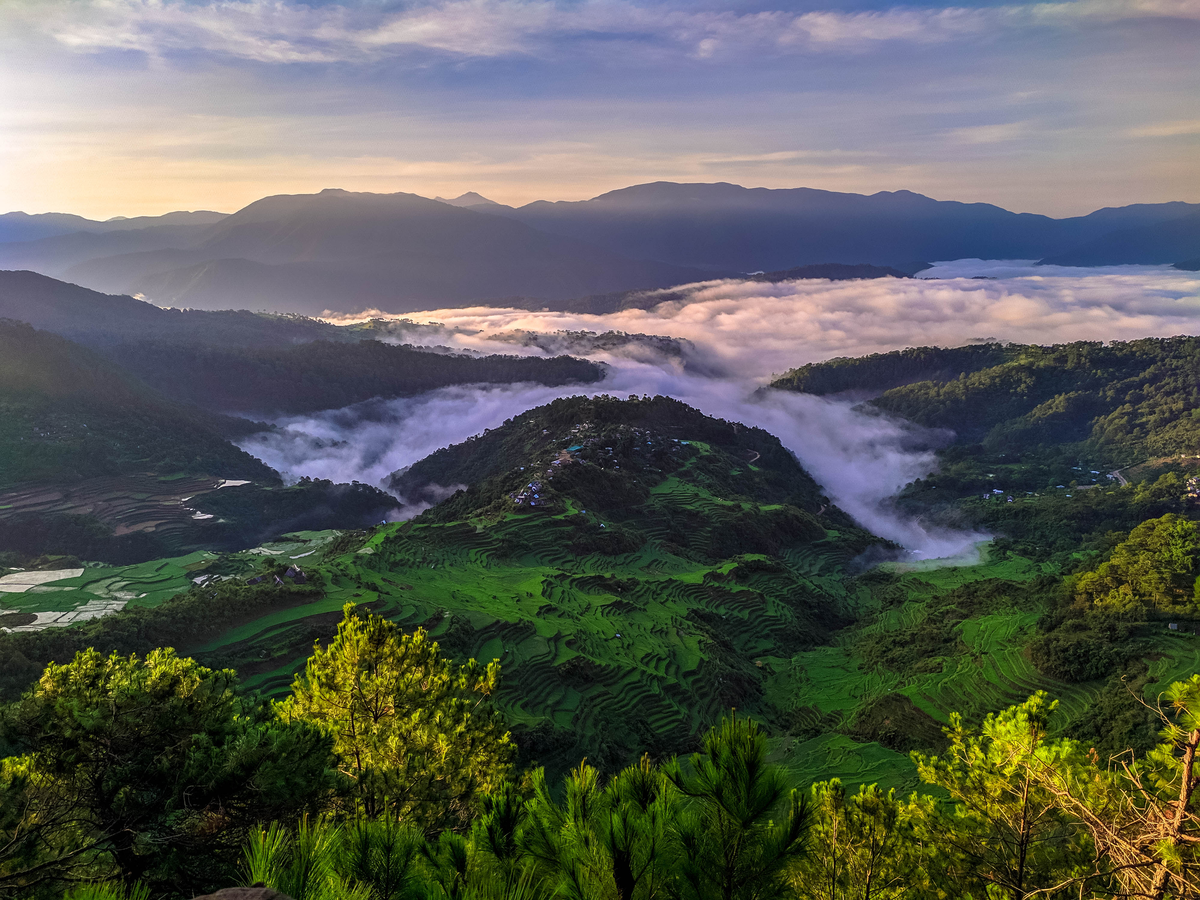
04
Ifugao
05
Kalinga
06
Mountain Province
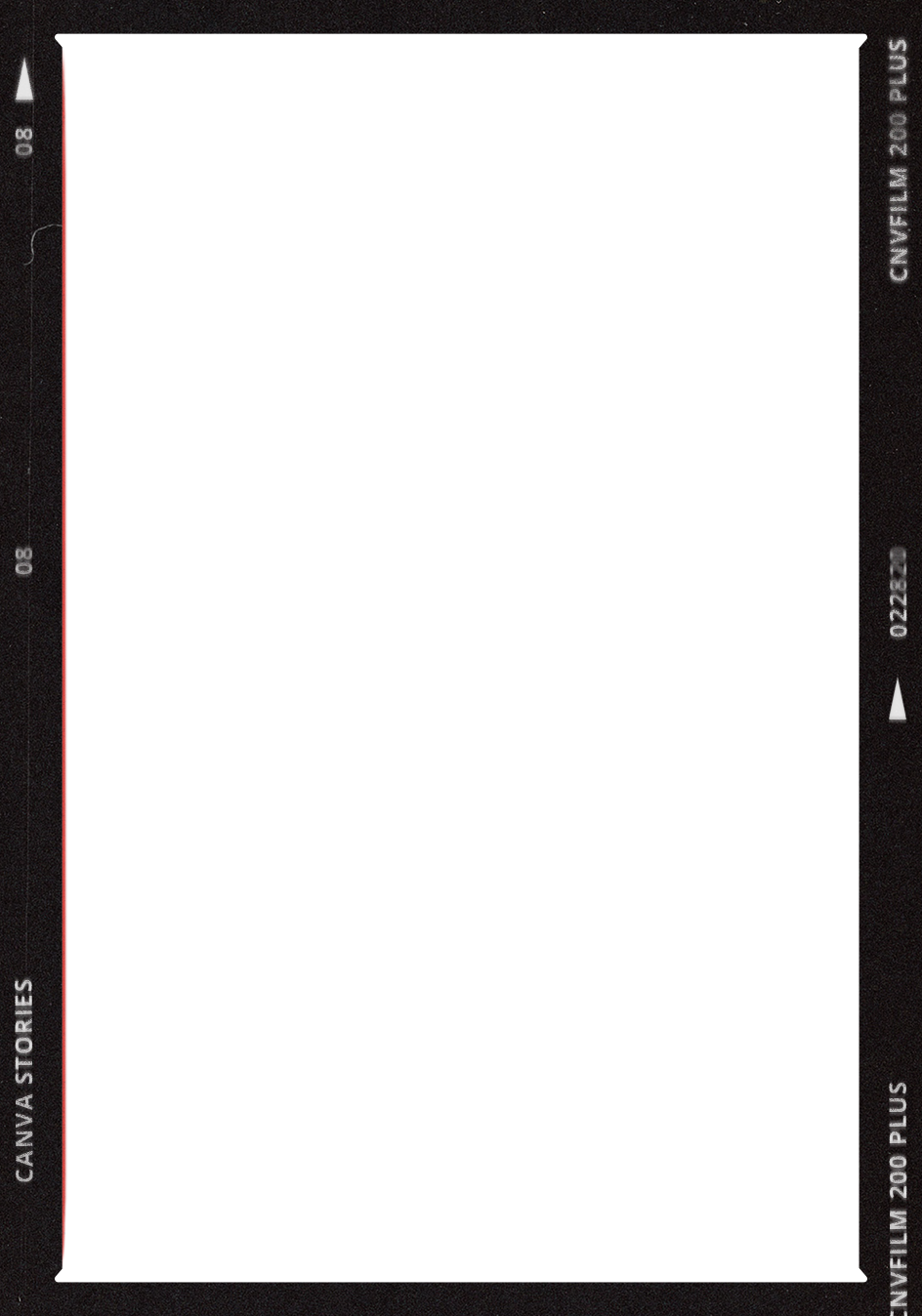

The Culture and Tradition of Costume Igorots
We are familiar with their clothing. In their attire, women wear colorful skirts or long skirts, necklaces, and pots.
The men wear long strips of handwoven loincloth.
It is important for them to have "tattoos" on the body as they symbolize the bravery and reputation of one of their society. They are very careful in choosing modern clothes. Since they were raised they would love their custom more.
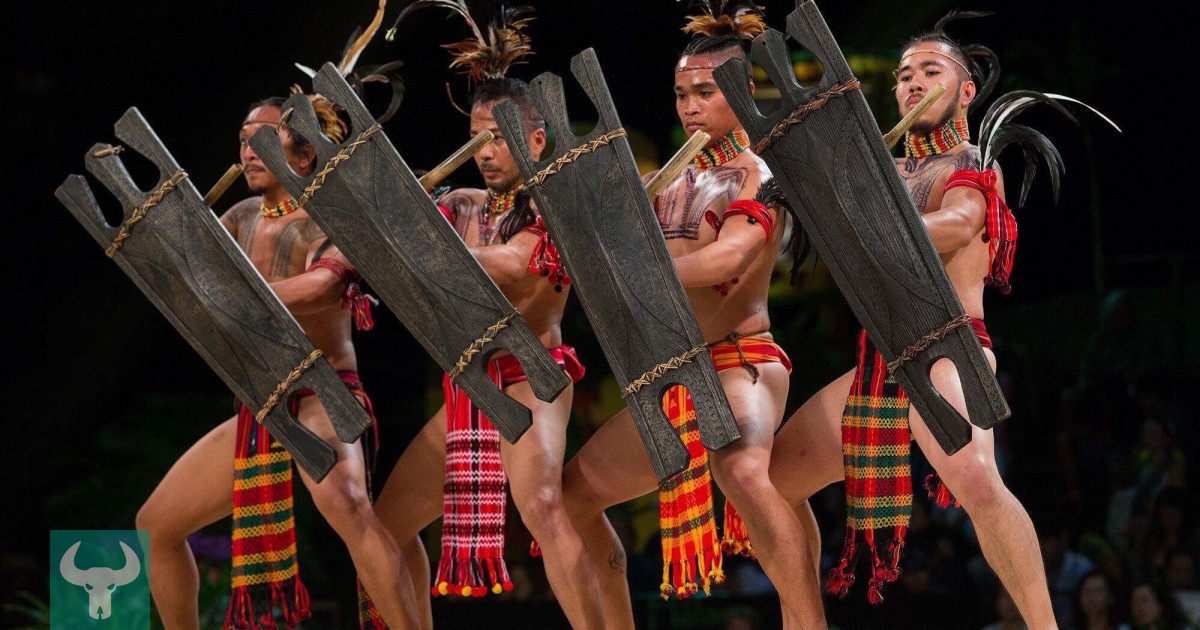
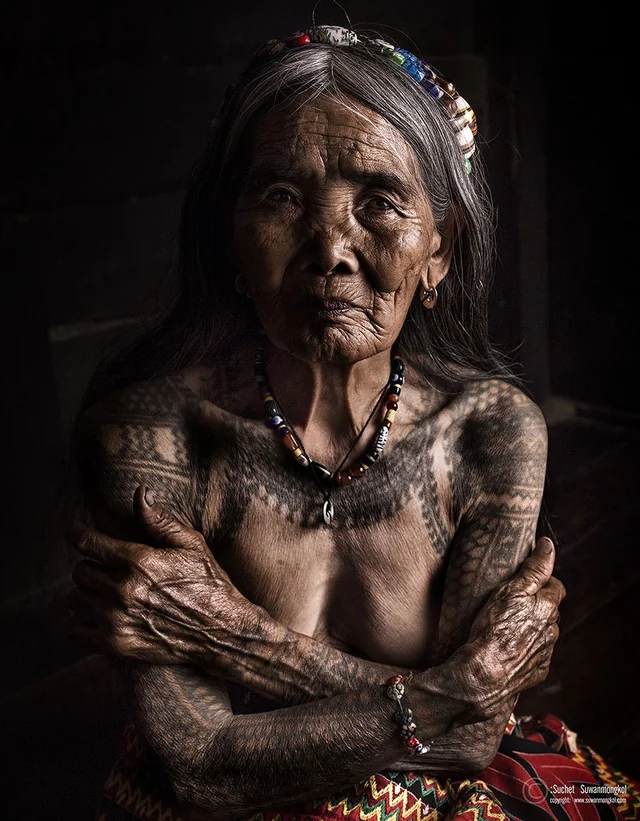
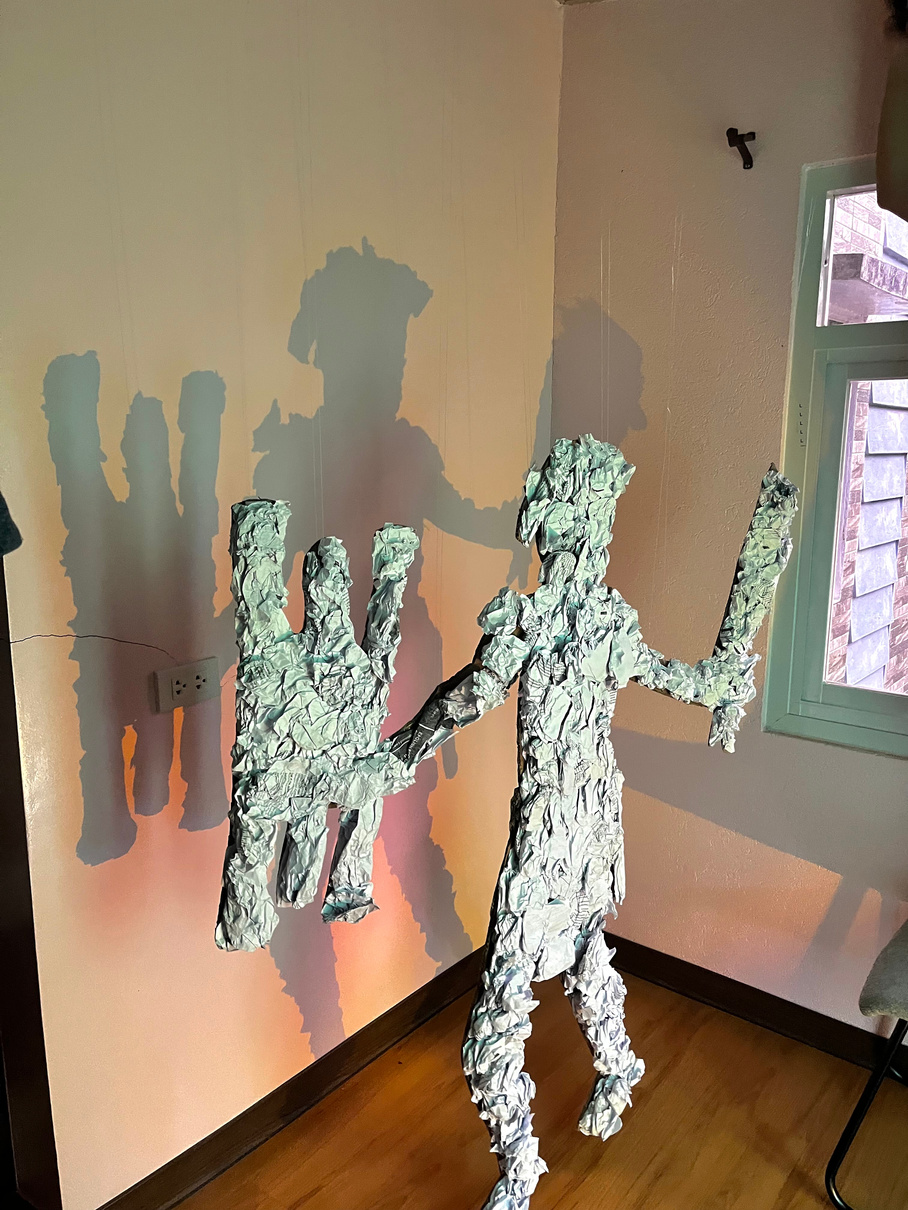
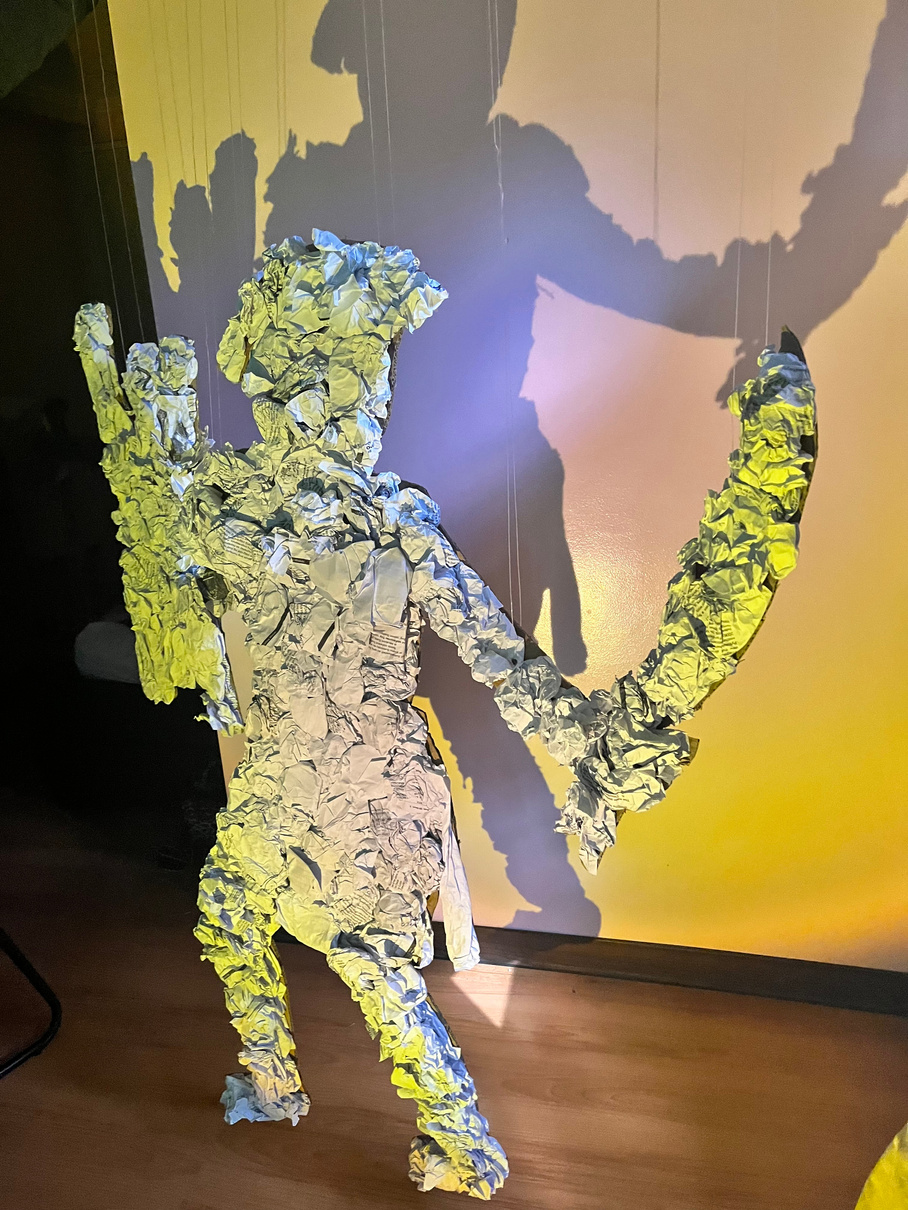
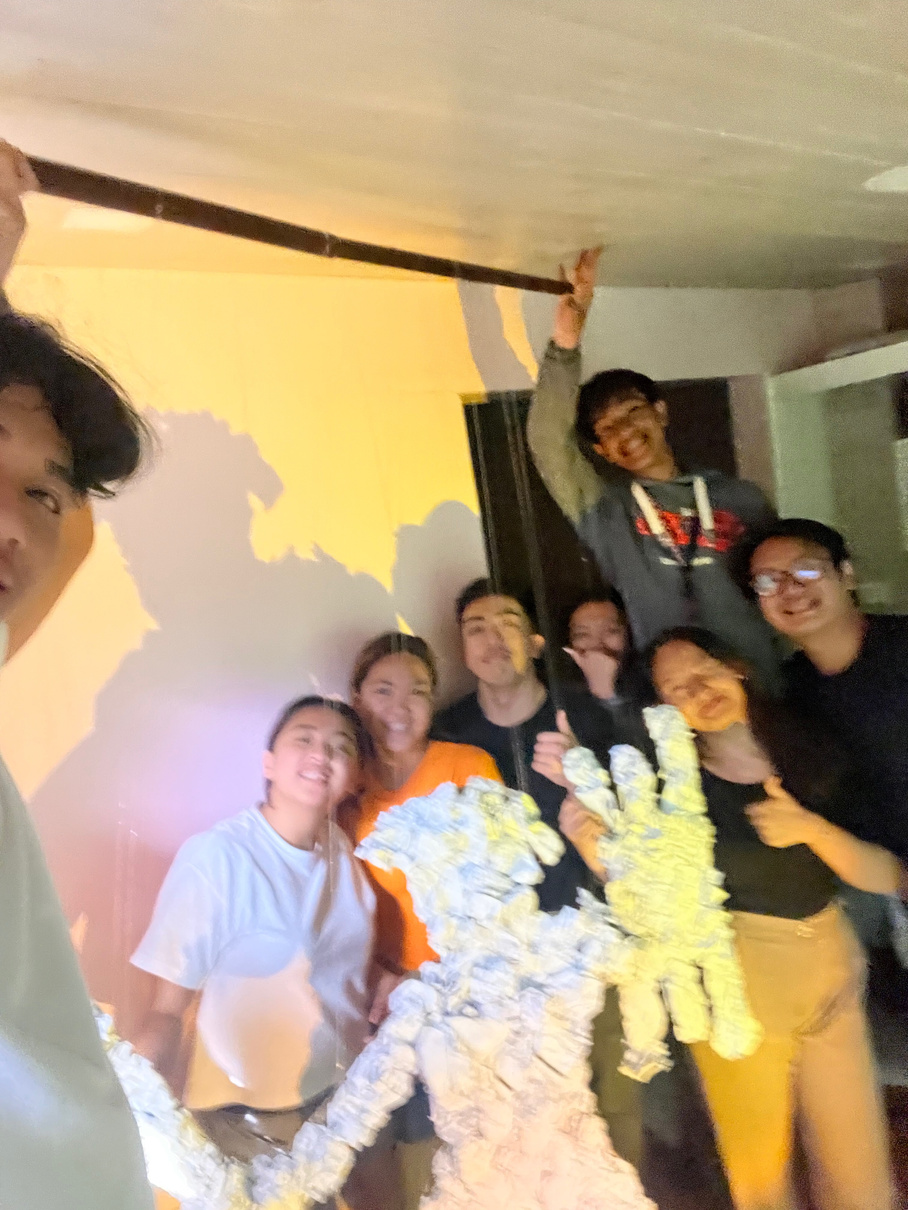


Materials
Used:
Scrap papers
we used our old modules from school, and crumpled it.
scissors/ cutter
This is to cut the template we'll use from the board.
double sided tape
To stick our scrap papers together.
card board box
It will be used as our base.
nylon strings
To make our art stand up and hook it up to the rod.
rod/ Stick
Used to hang our installation art.
light
Used to see the reflection of our art.
